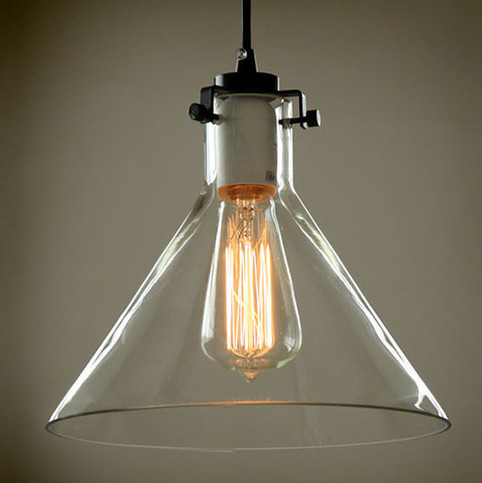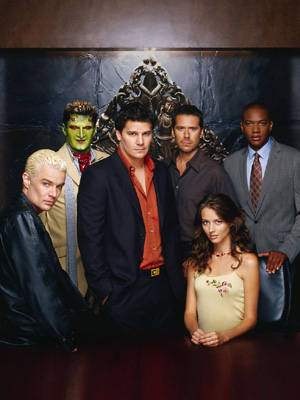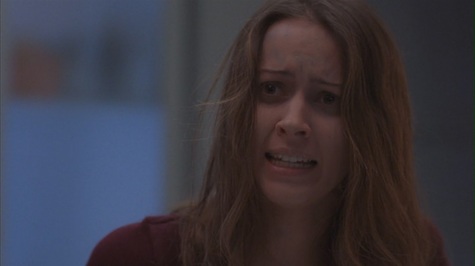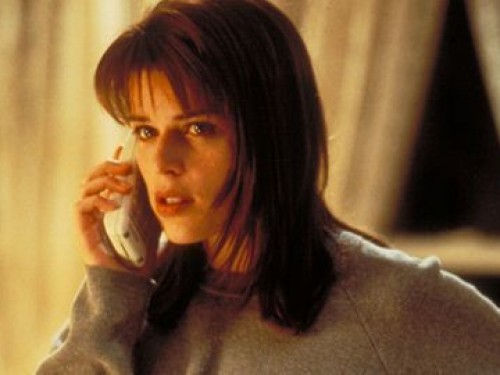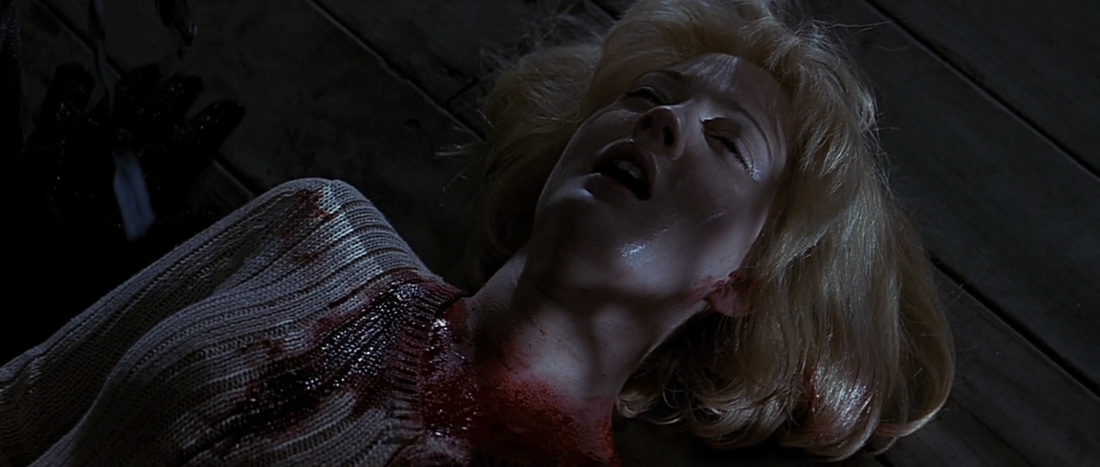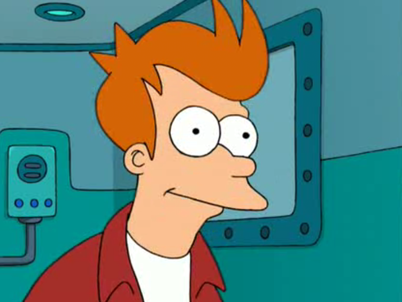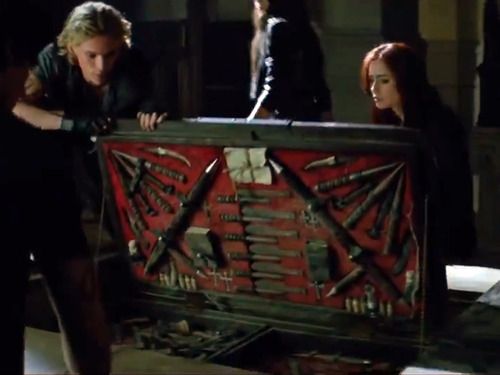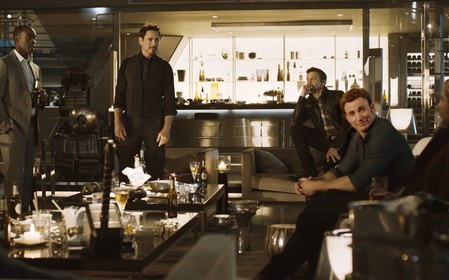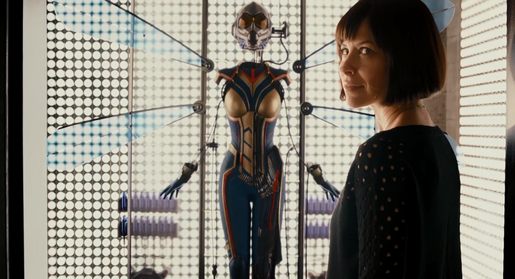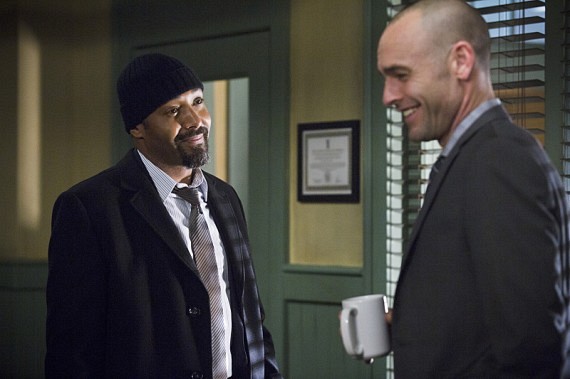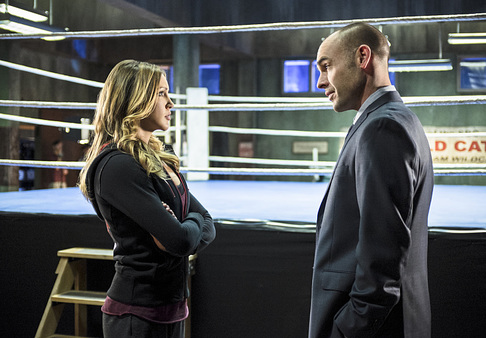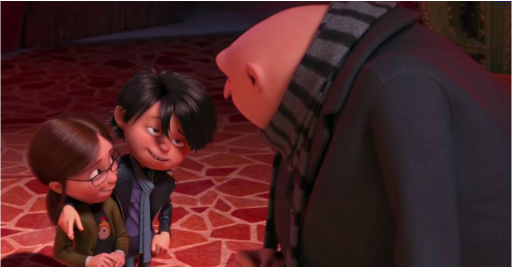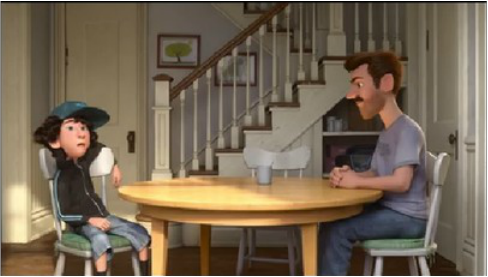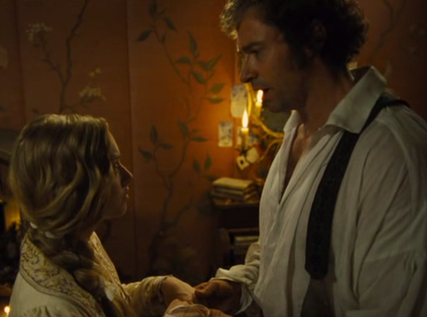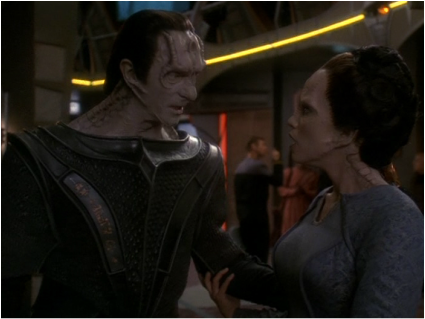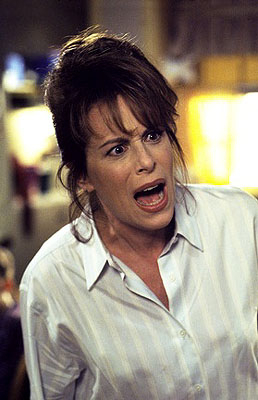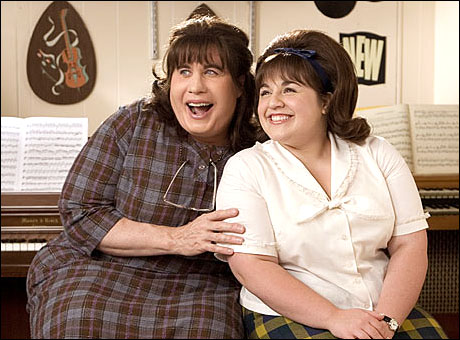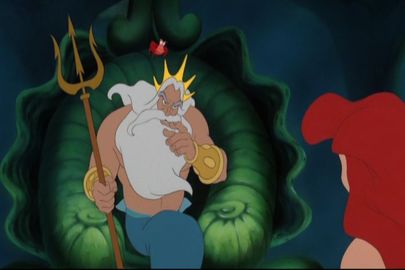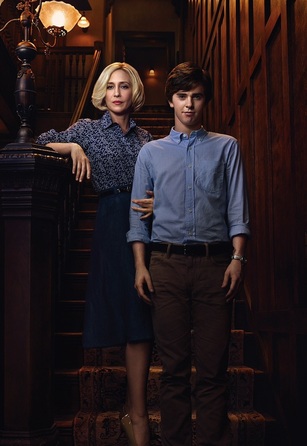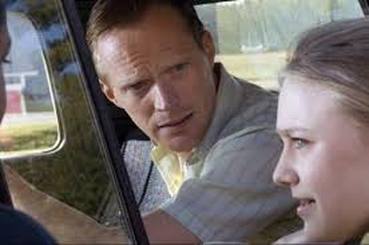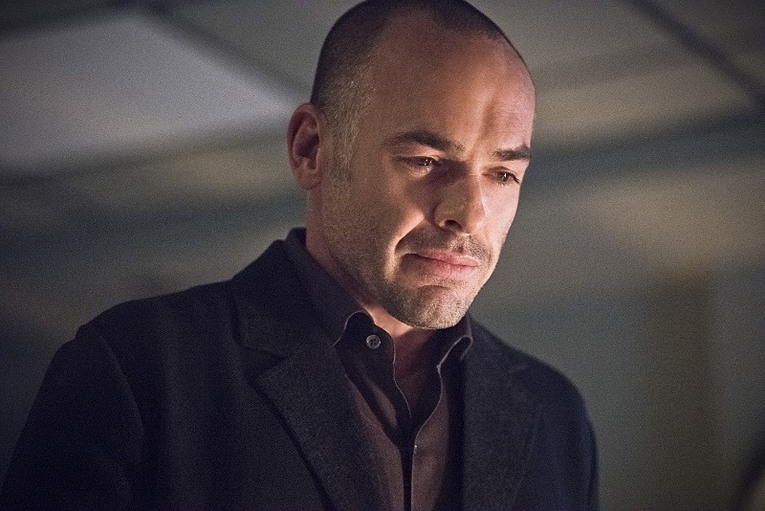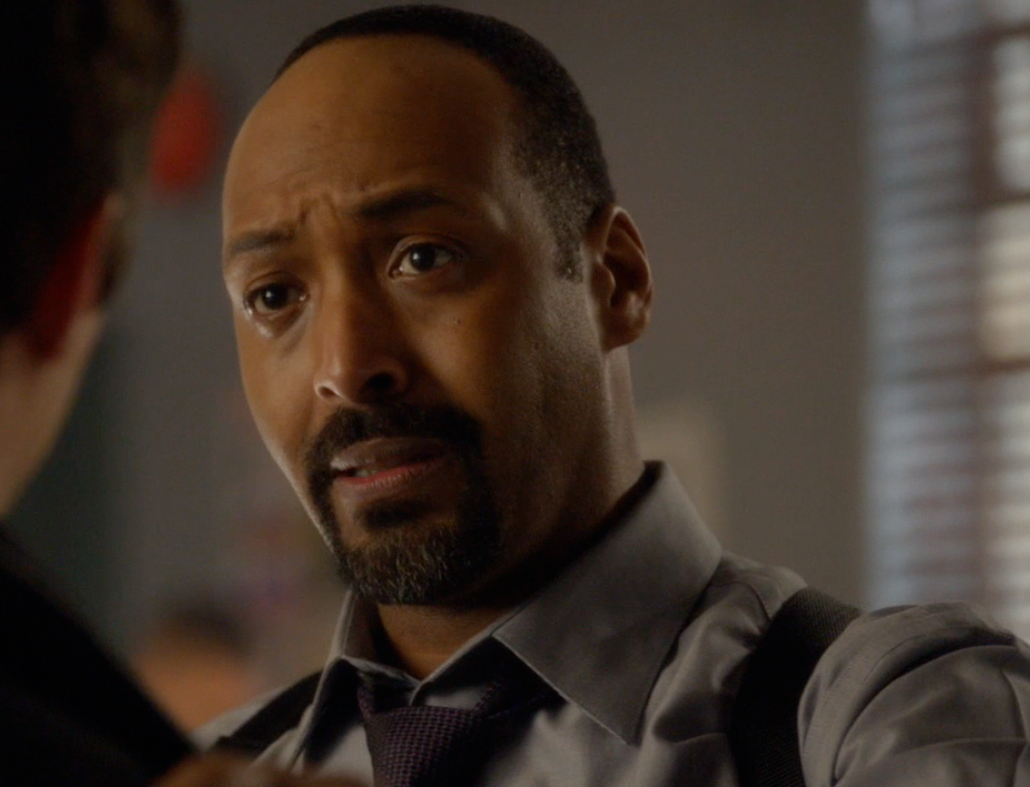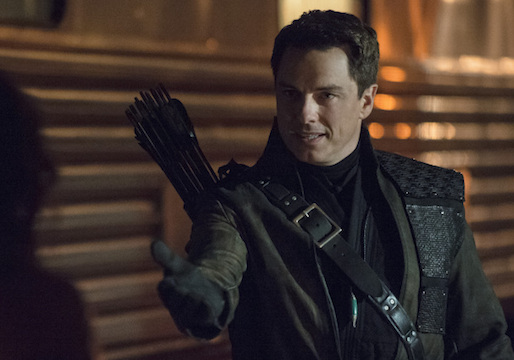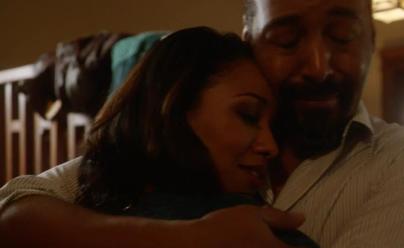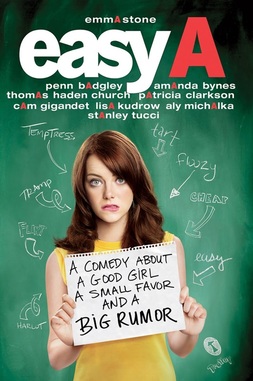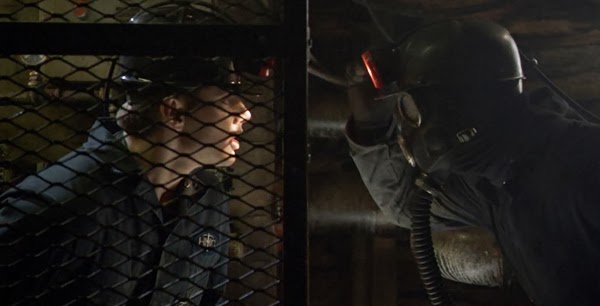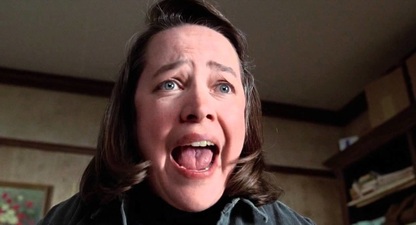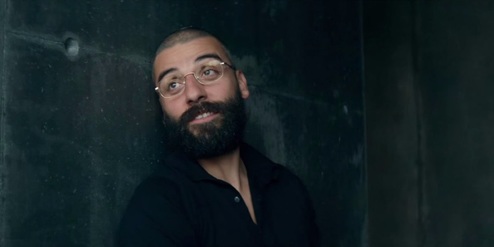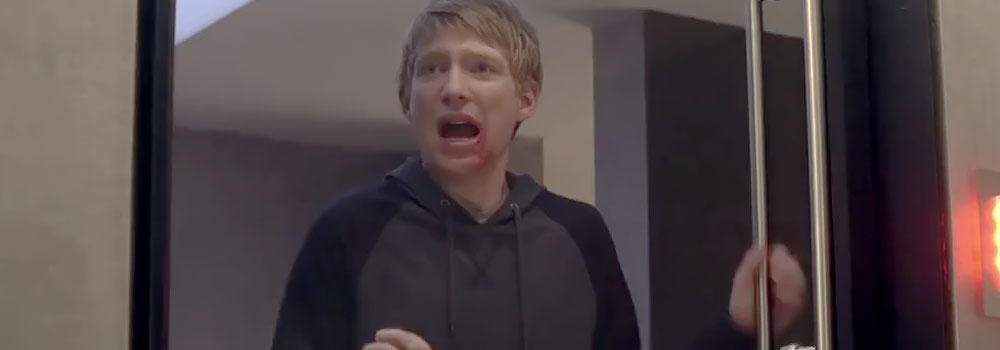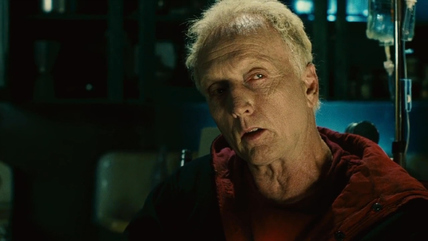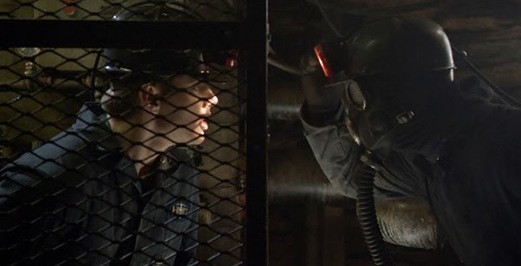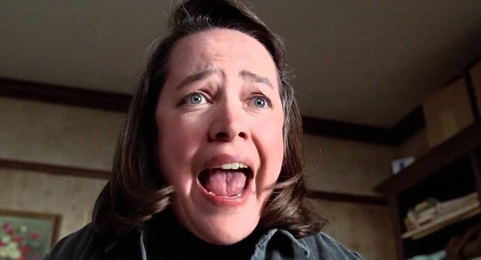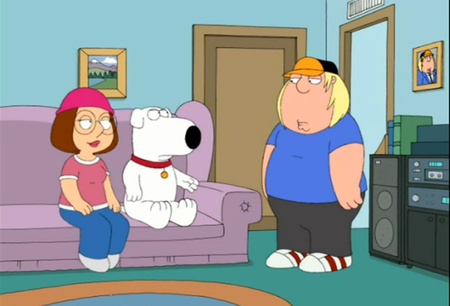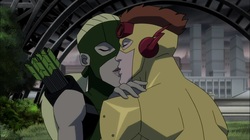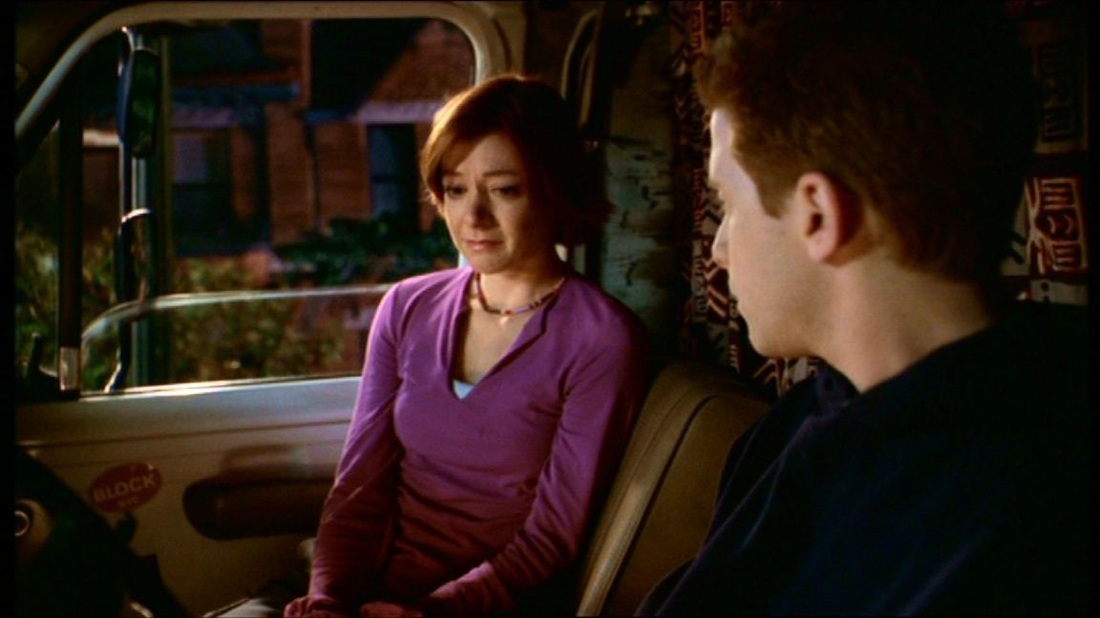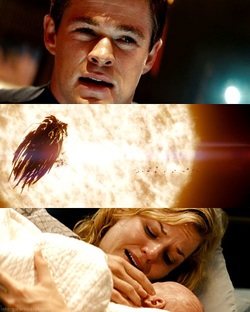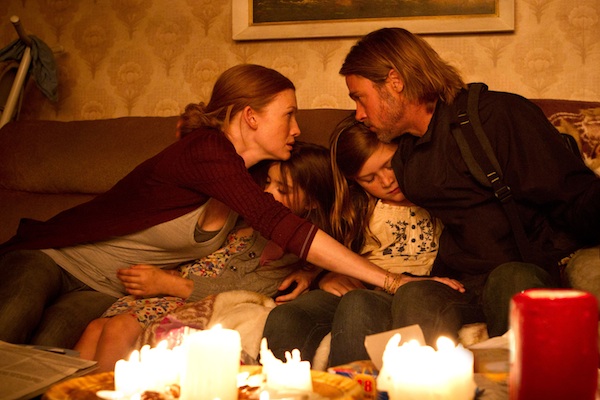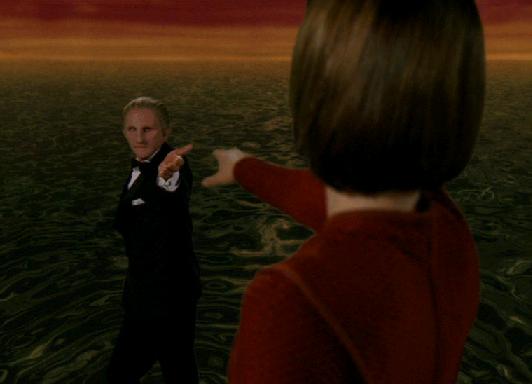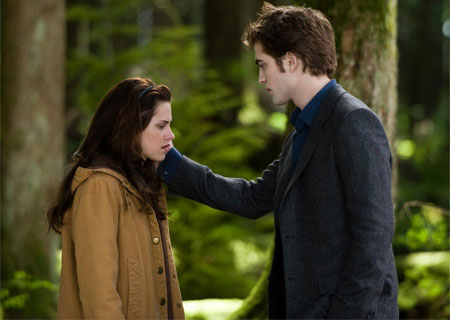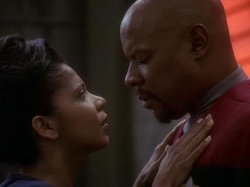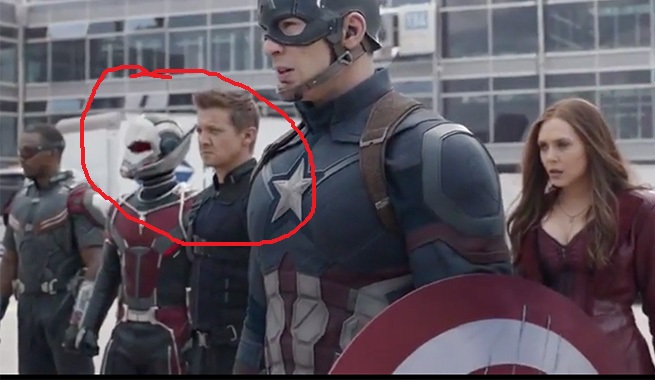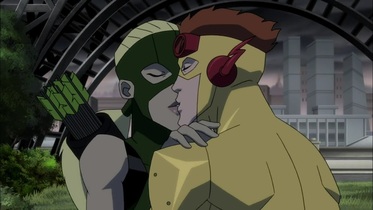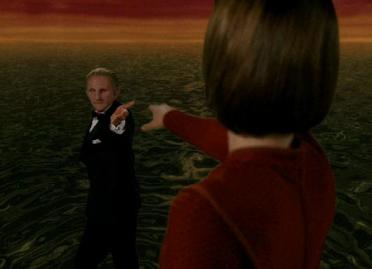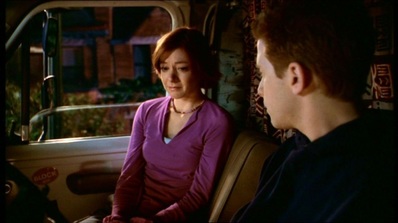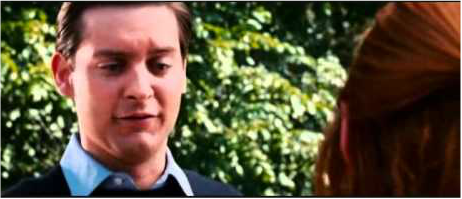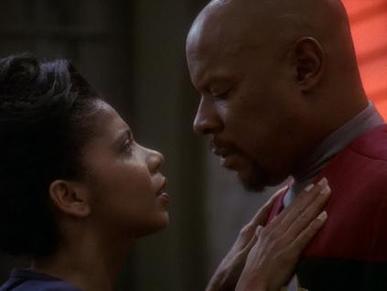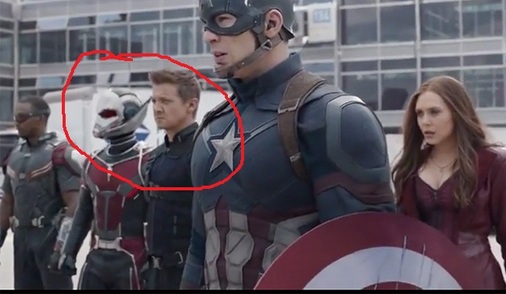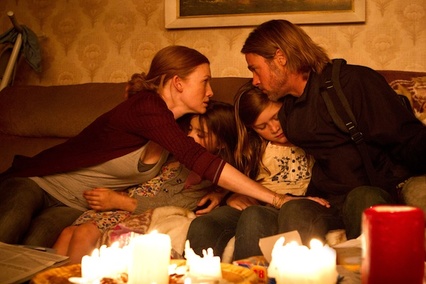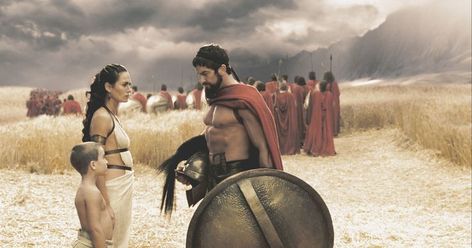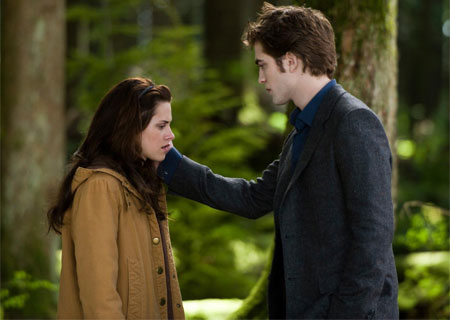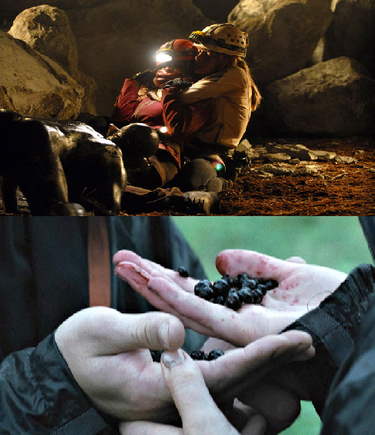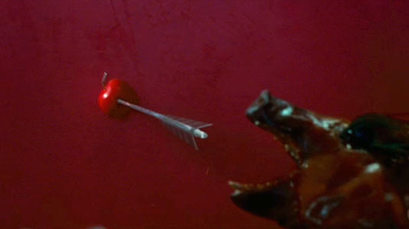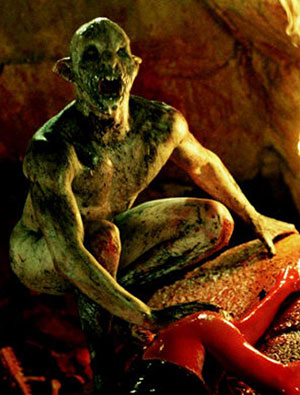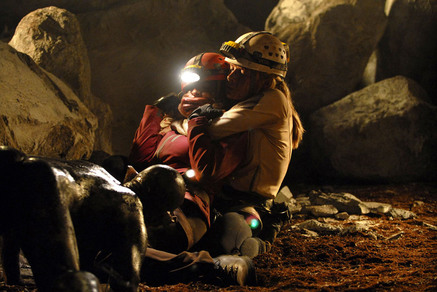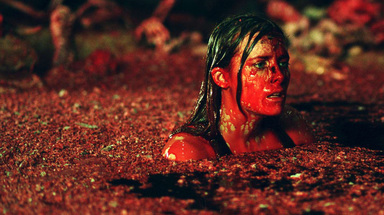See also:
Fiction Pet Peeve: Rape Gang Alley.
Fiction Pet Peeve: That Thing Designed for Dramatic Effect and Nothing Else.
Fiction Pet Peeve: "I Have to Go Now, Honey! I'm More Important Than You!"
Fiction Pet Peeve: The Cock-a-Doodie Lie!
Fiction Pet Peeve: "I Am the Parent, Therefore I Disapprove."
This is a simple one. It’s that moment when a character points out and possibly even protests the terribly insulting thing the plot is doing… to no effect.
Example? Why, I’m glad you asked.
In the final season of Angel, a series of shifts in the show’s focus and one actress’s pregnancy resulted in the main lineup of evil-fighters looking like this:
That’s five men (the green demon is a white actor underneath if you’re keeping score on that front) and one woman. The woman, Fred, is brilliant and thoroughly lovable but also the only member of the team without either superpowers or some level of combat training, making her the go-to damsel.
In the lead up to the series finale, Fred gets implanted with a demon, which is slowly killing her as it gestates and prepares to take over the world.
Desperate to save both the world and herself (because who wouldn’t be?), Fred works long hours in her laboratory looking for a cure, in spite of her deteriorating health. When Wesley, one of her many doting male associates, comes to tell her to rest, she objects with, “No! I’m not just the damsel in distress!”
Yay! Fred’s reclaiming her agency! Surely the writers have noticed how they’ve been treating her and are about to rectify the problem, and-
Oh, wait, no.
****Spoiler Alert****
Fred’s attempts to save herself come to absolutely nothing, and her soul is eaten by the demon who takes over her body, providing lots of angst for her many admiring male survivors.
****End Spoilers****
This peeve isn’t about the general practice of pointing out problems with fiction from within the fiction (known in storytelling jargon as “lampshading,” hence my little title joke).
It’s a technique that can do wonders under the right circumstances, ideally when the story pointing out the writing sin is a work of meta-satire that successfully manages to be smarter than most stories that commit said sin.
Sidney in Scream makes a complaint of this sort that works, because her respective story takes it to heart, when she tells Ghostface that she doesn’t watch horror movies because the victims are an insulting bunch of busty blondes who “run up the stairs when they should be running out the front door.”
Sidney says this shortly after Ghostface finishes with his busty blonde first victim of the movie (played by Drew Barrymore), but Sidney herself remains competent throughout, outsmarting and outmaneuvering Ghostface, at one point running upstairs to escape through a second story window only after he blocks her attempt for the front door.
Even that opening scene with the death of Casey subverts the tradition Sidney is calling out by actively desexualizing the violence. Casey remains fully clothed in a baggy sweater throughout, and as soon as the scene transitions from flirty meta-banter to physical threat, it turns deadly serious, focusing on audience sympathy for Casey over the more typical creative dismemberment.
Lampshading can also work when it’s used to write off a practical issue that’s standing in the way of the best possible story.
In the case of this Futurama joke, the show is completely guilty of the sin it’s pointing out, that is, inconsistent accounting for how the characters spend their time and make their income. It works, though, because the strength of Futurama comes from the variety of its zany, episodic plotlines.
No one’s mourning the fact that we don’t spend more time watching the cast delivering packages. This isn’t something that’s central to the point of the story, and there’s no real-life social context attached. It’s an oversight that doesn’t ill-use or insult anything except, mildly, the audience’s long term memory, so once we receive this nod of acknowledgement, we can move on to enjoying the crew's more interesting spacefaring hijinks, satisfied that our intelligence is respected and the creators aren’t trying to slip anything past us.
The lampshade only becomes pointless, worse-than-nothing glass when a work of fiction commits a more real-life serious or story-integral sin and then points it out without doing anything to remedy it, apparently with the mistaken belief that pointing at the problem is the same thing as fixing it.
There’s a scene in City of Bones in which the Shadowhunters have to sneak into a church to raid a secret stash of anti-demon weaponry. So as not to imply that Christianity is the only viable avenue for fighting evil, Jace quickly explains that all organized religions are secretly in on the cause.
Yeah, but you didn’t though, did you, Jace? The lampshade line is there, but Christianity remains the only religion we actually see involved in fighting evil.
Okay, religion is an extremely delicate subject, and if an artist doesn’t feel qualified to represent a real-life culture in fiction, steering clear can sometimes be the wisest course of action, so maybe we can give that one a pass.
Not so much this little gem of a moment in the Twilight book-verse:
Jacob throws this out there in Eclipse, the book in which Edward disables Bella’s car and physically prevents her from visiting other friends. The joke of this line is presumably intended to come off something like, “Ha ha, Edward and Bella sure are easy to mistake for an abusive relationship, aren’t they? But they’re not, though.”
Except they completely are, and this lampshade does nothing to change how unhealthy they are or how reprehensibly the story romanticizes that abuse.
Should we even touch how bad the Marvel movies have gotten with this lately? Eh, why not, we all know these, right?
Remember that party scene where the Avengers men all acknowledge that, back in their solo franchises, most of them had love interests? They talk for a while about what the ladies are up to and try to one-up each other with stories about how smart/independent/tough/generally awesome their girlfriends are.
That’s really sweet, guys. It’s great that you’re so supportive. Sounds like some of those women are having pretty cool adventures!
…Which we’re never, ever going to see any of, are we? Not a snippet of any of them ever doing anything remotely relevant to any movie that we’re actually watching, ever again. Nope, the narrative follows the men, and the men alone, wherever they go.
But at least we’re going to get some new costumed women soon who might get some narrative focus of their own, right?
…Right?
So sayeth Wasp when Hank Pym, her movie-universe father, finally bestows on her her mother’s supersuit, indicating that he’s done being demeaningly overprotective of her.
Yes, Marvel. It is about damn time Hope’s father acknowledges her power (see last week’s peeve). And yes, we get the meta-joke that it is about damn time Marvel movies likewise acknowledge female supers collectively.
It was "about damn time" a long time ago. It was "about damn time" before this post credits tack-on in Ant-Man, and it continues to be "about damn time" far more urgently and dramatically than a 2018 release of a movie titled “Ant-Man and The Wasp” (emphasis mine) can come anywhere close to addressing.
Lampshades alone don’t make problems go away, not if the problems are big enough. Self-deprecatory humor can only buy you so much leeway. Sometimes the only patch for that insulting plot is to just do the thing right in the first place.
Agree? Disagree? Comments are always welcome! Or keep up with my fictional musings by joining me on Facebook, Pinterest, Twitter, or by signing up for email updates in the panel on the right!
